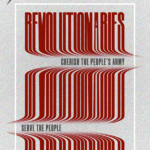Theoretical Conference on Imperialism and War highlights need for international revolutionary work
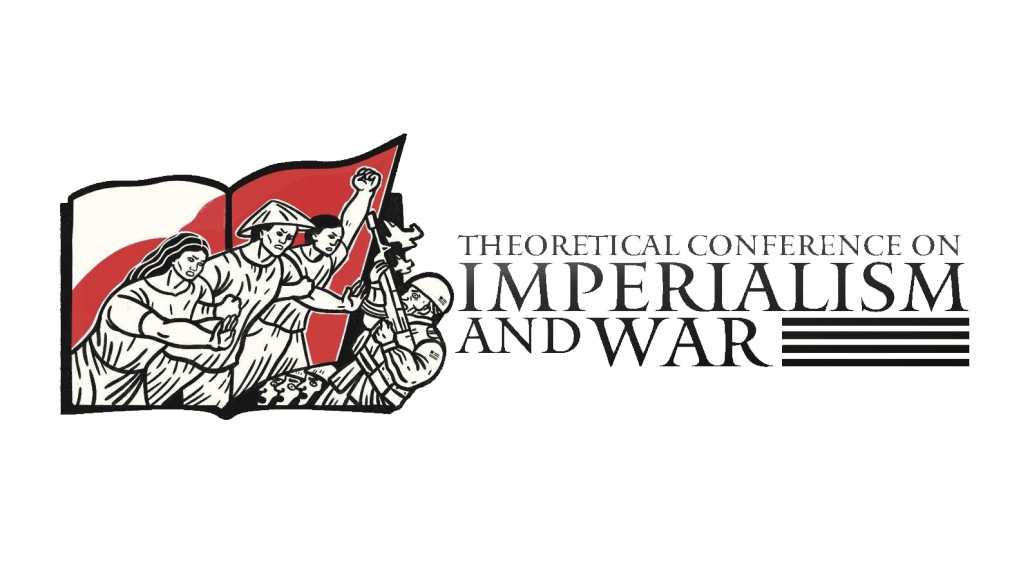
The National Democratic Front of the Philippines (NDFP) has successfully led the first-ever Theoretical Conference on Imperialism and War amid the intensifying crisis of the monopoly capitalist system, fueled by conflicts and wars causing greater havoc on workers and other toiling peoples. Held in a European country in the last quarter of 2023, the conference aimed to further promote and enrich Marxism-Leninism-Maoism (MLM) in the course of resisting imperialism and waging revolution for people’s democracy and socialism.
The Communist Party of the Philippines (CPP) and the Central Committee of the Communist Party of India (Maoist) delivered the keynote addresses. These were followed by presentations from the following organizations:
The Communist Party of Turkey Marxist-Leninist (TKP-ML), the Party of the Committees to Support Resistance for Communism (CARC-Italy), the Freedom Road Socialist Organization-USA, the Korean Committee for Solidarity with the World People, the Russian Communist Workers Party, the (New) Communist Party of Canada, the Kurdistan National Congress (KNK), the Revolutionaire Eenheid (Netherlands), the Communist Party of Great Britain (Marxist-Leninist), the Communist Party of Belgium, the People’s Democratic Party (South Korea), and the Marxistisch-Leninistiche Partei Deutschlands (Germany).
Certain comrades and experts from China also participated.
Participants numbering 139 represented various proletarian-socialist, anti-imperialist, and democratic parties from Belgium, Canada, China, Germany, the United Kingdom, India, Italy, Turkey, Kurdistan, the Netherlands, North Korea, the Philippines, Russia, South Korea and the USA.
The Conference was also in line with the CPP Central Committee’s (CC) call, in its 55th anniversary statement, for rectification of subjectivism in the form of empiricism attributed to bourgeois and petty-bourgeois mindset. It was mainly manifested in politics as right tendencies and bureaucratism; and liberalism and ultrademocracy in the organization.
The rectification movement, described as an ideological and study movement within the Party and among its allied organizations, called for study campaigns and strengthening of international revolutionary work, among others. The latter in particular included strengthening fraternal communist relations with MLM parties and organizations, and strengthening international communist dialogue and cooperation. The CC also called on the revolutionary forces to wage active ideological struggle to expose modern revisionism, and repudiate Trotskyism, Gonzaloism, and other revisionist currents that misrepresent Marxism, Leninism and Maoism.
Keynote Address
The CPP keynote address laid out the key questions of the Conference: 1) the theoretical framework governing the question of the inevitability of wars—specifically imperialist wars of annexation and intervention; 2) the current balance of power among the imperialists and key flashpoints in the violent and non-violent conflicts between them; and 3) the working class attitude and policy of opposing and preventing inter-imperialist wars.
We remain in the era of monopoly capitalism and proletarian revolution as characterized by Vladimir Lenin. According to the CPP, “Lenin’s ‘Imperialism, the highest stage of capitalism’ is still the most scientific and thoroughgoing analysis of the end-stage of the capitalist system. It is a theoretical progression of Marx’s Das Kapital, in which Lenin incisively points out how capital and capitalist production have become so centralized that it has rendered free competition of the previous period no longer possible.”
Written in 1917, the year of the Bolshevik revolution’s victory, Lenin’s analysis describes the essential features of imperialism which—106 years later—remain true:
(1) production and capital has become greatly concentrated that it has formed all-powerful monopolies; (2) the formation and predominance of finance capital or the financial oligarchy based on the merging of bank and industrial capital; (3) the export of capital, as distinguished from the export of commodities, has gained exceptional importance; (4) formation of international monopoly associations which share the world among themselves; and, (5) territorial division of the entire world among the biggest imperialist powers is completed.
Discussing the current flashpoints of inter-imperialist conflicts, the CPP pointed to the following major contradictions following the revisionist betrayal of the socialist revolution in the Soviet Union and China: the contradiction between monopoly capital and the proletariat in capitalist countries; between rival imperialist powers; between the imperialist powers and oppressed peoples and nations; and between imperialist powers and countries assertive of national sovereignty and socialist programs.
US imperialism has been ceaselessly fomenting wars since the 1990s. It is “driven by US finance capital, including banks and venture capitalists, which are deeply intertwined with the US military-industrial complex including arms manufacturers, defense contractors and private mercenaries.” It has been directing its might at Russia and China in its effort to assert superiority in an already multipolar world.
The CPP discussed the US-NATO proxy war in Ukraine, which was among those tackled in the Conference reflecting divergences in analysis. According to Ang Bayan, the official publication of the CPP, the Conference also discussed the current occupation and bombardment of Palestine by Israel, fueled and supported by the US.
Secondary flashpoints, according to the CPP, are results of inter-imperialist rivalries in the Middle East, Africa and Latin America. At this writing, the US has expanded its imperialist war in the Middle East, bombing Houthi forces in North Yemen. The Houthis are in support of the Palestinian people’s struggle against US backed-Israel in Gaza.
Asia is also a flashpoint of inter-imperialist rivalries as the US has sought to contain China’s growth since 2011. These include increased military presence in Japan, South Korea and Singapore, and strengthened military foothold through bases, training exercises, and aid to the Philippines. The latter has largely been directed at “counterinsurgency” operations.
The CPP called on the international proletariat to “unite and condemn the war preparations and do everything to mobilize the masses to prevent the outbreak of an inter-imperialist war that can only succeed in bringing untold misery and disaster to the working class and people, especially in the smaller countries which are being dragged into the conflict between the imperialist ‘great’ powers.”
Some major points
Conference participants largely acknowledged Lenin’s identification of the essential features of imperialism as the foundation in understanding and analysis of key developments today. The Marxist-Leninist theoretical framework was affirmed as guide to building unities and identifying tasks for moving forward in revolutionary struggles.
Participants were united on the analysis of US imperialism as the world’s dominant imperialist power, even if the current period has seen the decline of its superpower hegemony especially in relation to the challenge posed by China’s rapid economic and military rise.
Acknowledging the need to constantly build and strengthen Marxist-Leninist parties in each of their countries and elsewhere, the participants stated that “Marxist-Leninist parties should support the people’s struggles for national liberation with a sense of urgency, including the Palestinian struggle against occupation and genocide.”
Some practical questions raised included the following: In our duty as proletarian internationalists, how can Marxist-Leninist parties and our movements and organization be in solidarity with each other? How do we determine alliances and relations between our parties, movements and formations? What is the role of Marxist-Leninist party in each of our countries and what should our objectives, strategies, and tactics be?
NDFP Theoretical Conferences
As reported in Ang Bayan, the participants forged a common understanding of the theoretical framework and analysis of the current state of the world.
Following the Imperialism and War Conference, the NDFP is slated to hold an International Theoretical Conference on Economic Crises of Imperialism in 2024.
These theoretical conferences aim to serve the broad united front against imperialist war within the proletarian-socialist and anti-imperialist movement. For NDFP allied member organizations, understanding the contradictions of the moribund world capitalist system is vital in resisting imperialism and all form of reaction, and advancing the national democratic revolution with a socialist perspective through people’s war. (Aya Servando, CNL) ###

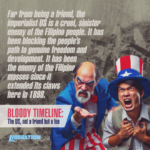



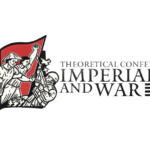
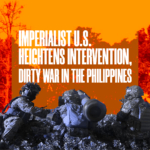
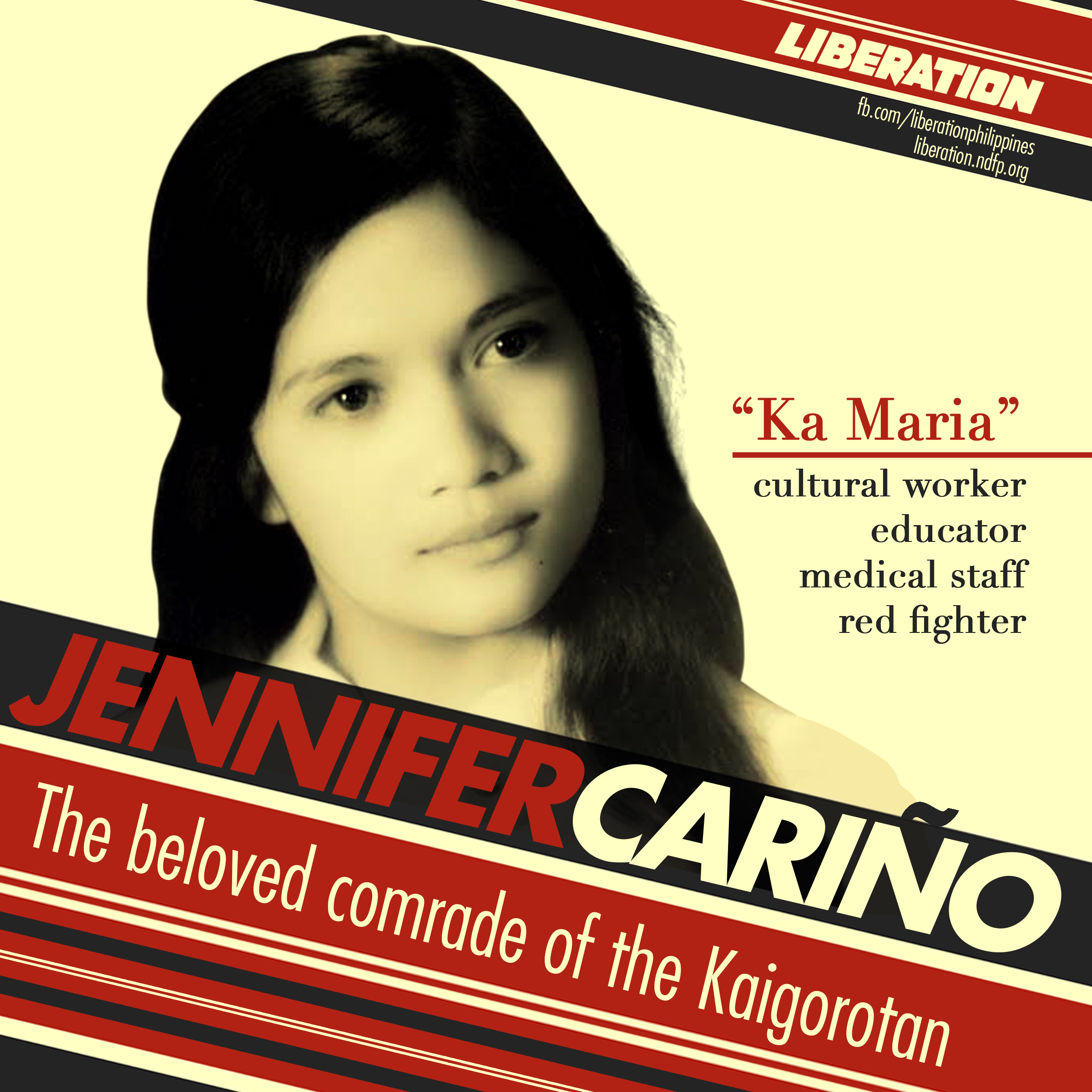
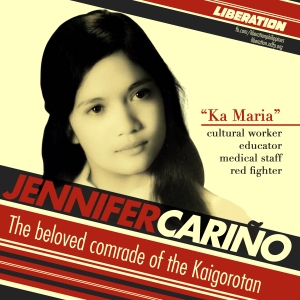 In 2017, the New People’s Army (NPA) in Benguet province launched a successful raid in a police outpost in the town of Buguias. Aside from confiscating firearms and ammunition and radio sets, the action was “punitive” because of the illegal and anti-social activities of the Buguias policemen, among them: extortion activities from vegetable farmers, drug trafficking, and operation of bars. The raid was led by the Jennifer Cariño Command-NPA.
In 2017, the New People’s Army (NPA) in Benguet province launched a successful raid in a police outpost in the town of Buguias. Aside from confiscating firearms and ammunition and radio sets, the action was “punitive” because of the illegal and anti-social activities of the Buguias policemen, among them: extortion activities from vegetable farmers, drug trafficking, and operation of bars. The raid was led by the Jennifer Cariño Command-NPA.